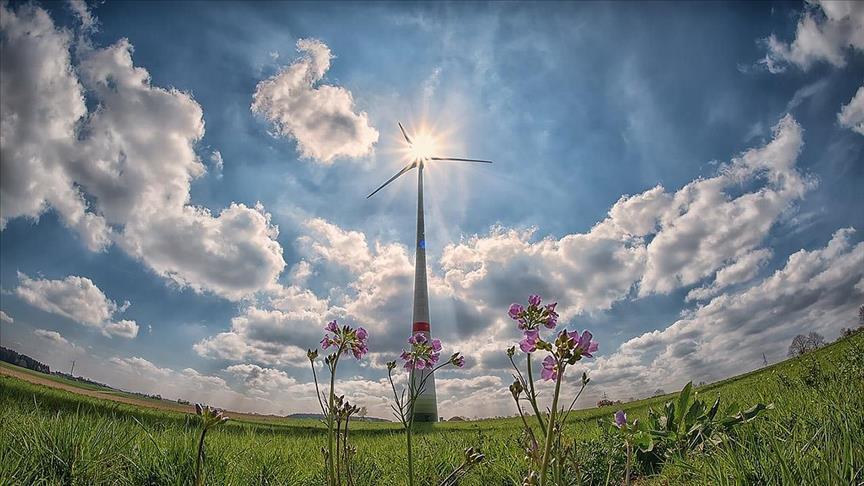One year after the world pledged to triple renewable energy at COP28 in Dubai, governments’ targets on renewable energy remain unchanged, according to a report by London-based energy think tank Ember on Tuesday.
Ember analyzed national 2030 renewable capacity targets for 96 countries and the EU as a bloc.
These countries dominate the global energy landscape, accounting for 96% of renewable capacity, 95% of electricity demand and 94% of power sector emissions.
‘Out of these 96 countries, 83 have renewable capacity targets for 2030,’ Ember said.
Last year during the COP28 in Dubai, over 130 countries signed a pledge to contribute to tripling global renewable energy capacity and doubling the average annual rate of energy efficiency improvements by 2030.
As of October 2024, only eight countries have updated their renewable energy targets, leading to a mere 4 gigawatts increase globally.
Global renewable energy targets for 2030 have increased 2.1 times from 3,379 gigawatts in 2022 to 7,242 gigawatts.
According to the report, to triple global renewable energy capacity by 2030, an additional 3,758 GW is needed.
– Solar power’s rapid growth
Despite government inaction, solar power’s rapid growth has forced organizations to revise their forecasts.
The International Energy Agency (IEA) has increased its 2030 renewable energy projection by 22%, now slightly exceeding the required quintupling.
For wind energy, government national targets add up to just over a doubling capacity by 2030.
Global wind capacity in 2030 is projected to reach 2,100 gigawatts, falling short of the tripling goal.
According to Ember’s analysis, major regions of the world including the Middle East and North Africa (MENA), Sub-Saharan Africa, Eurasia, Latin America and Asia have a large gap between their overall regional targets and what is needed to meet the 2030 tripling goal.
The COP29 presidency, taking place in Baku from on November 11 to 22, has outlined a vision to expand global energy storage capacity to 1,500 gigawatts by 2030, six times above the 2022 level, a goal endorsed by the G7 earlier this year.
According to the report, only 30 of the 96 countries assessed have some form of national storage target. Their collective sum of 2030 storage targets totals 284 GW, falling short of the 1,500 GW global storage target.
Commenting on the report, Katye Altieri, Electricity Analyst at Ember said, ‘Renewables markets have moved, but governments’ ambitions have not.’
‘The growth of renewables is exceeding expectations every year and this is combined with falling prices,’ Altieri added.
‘Markets are booming but there’s still a lack of ambition from countries,’ she added.

